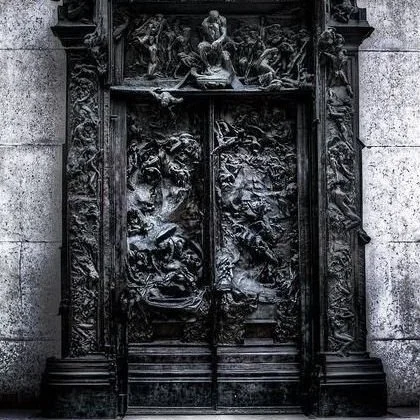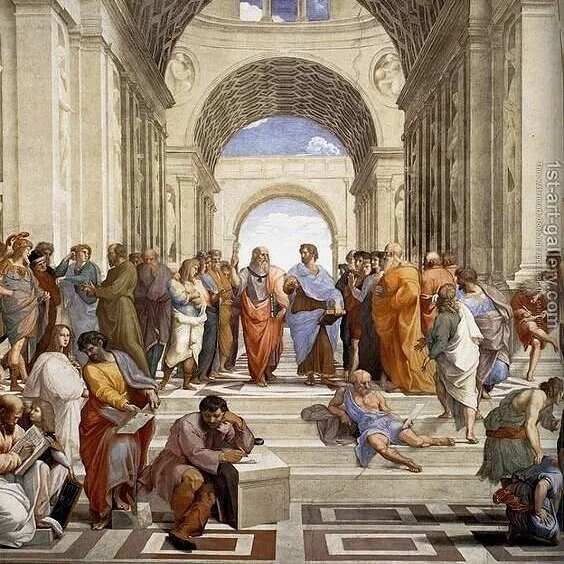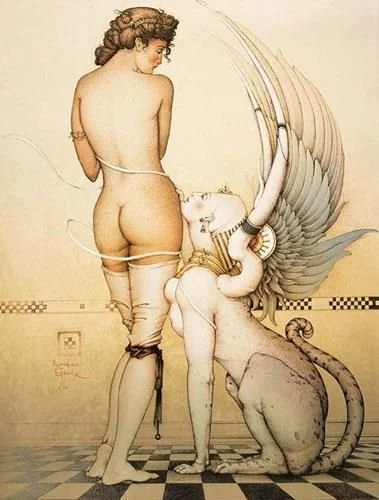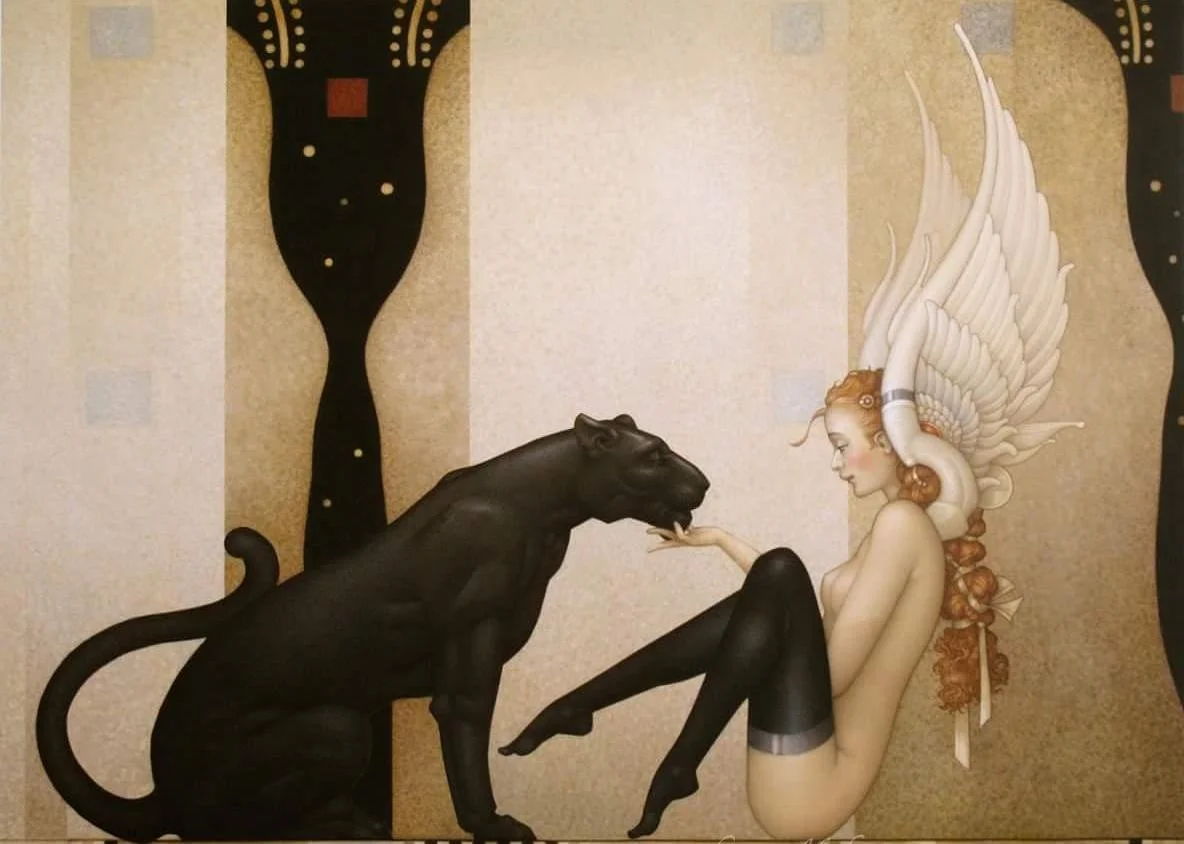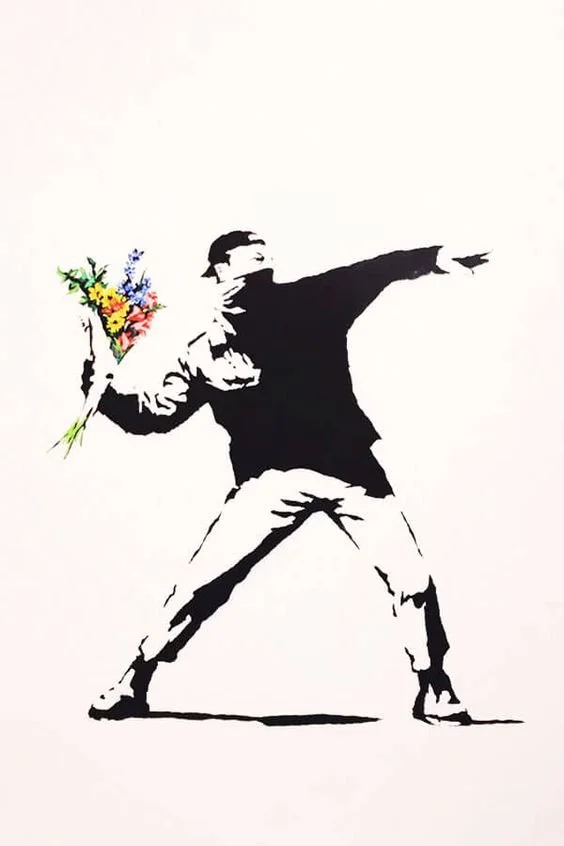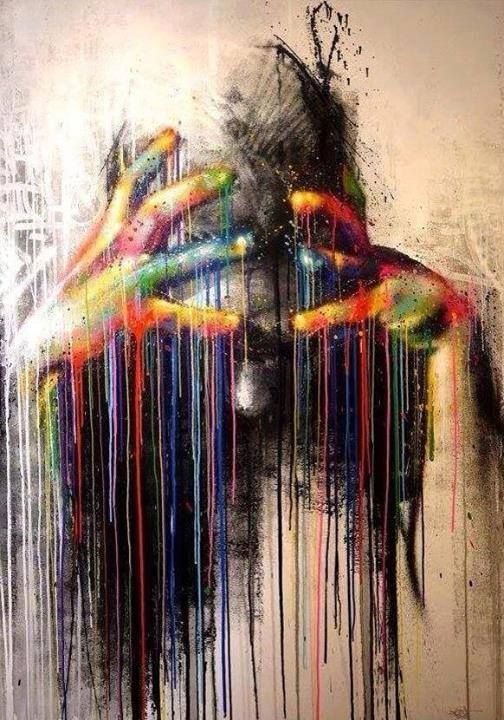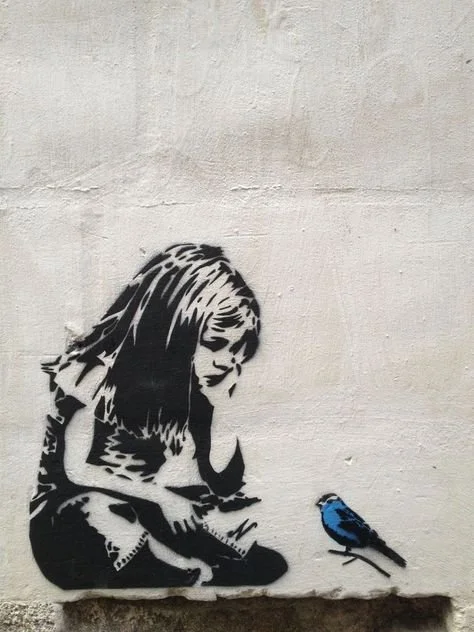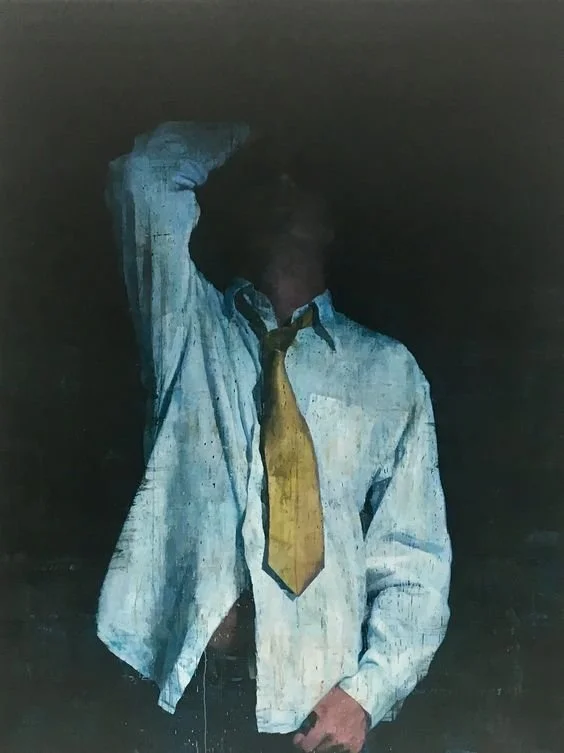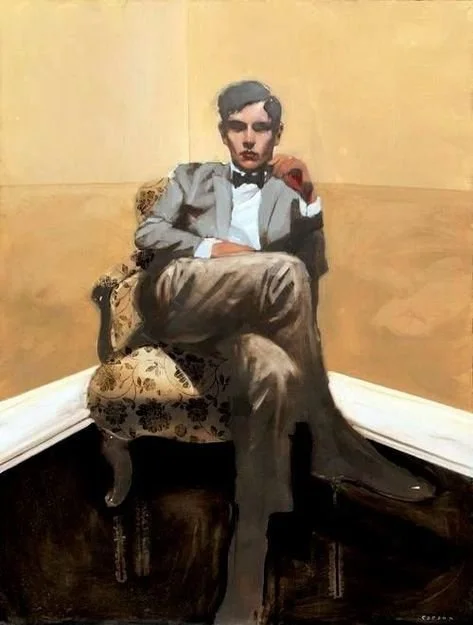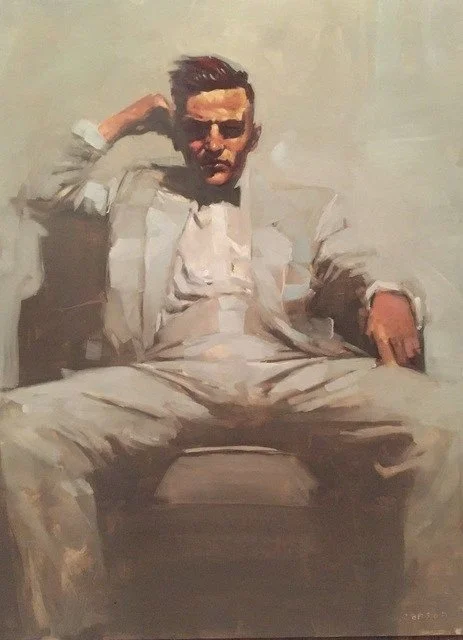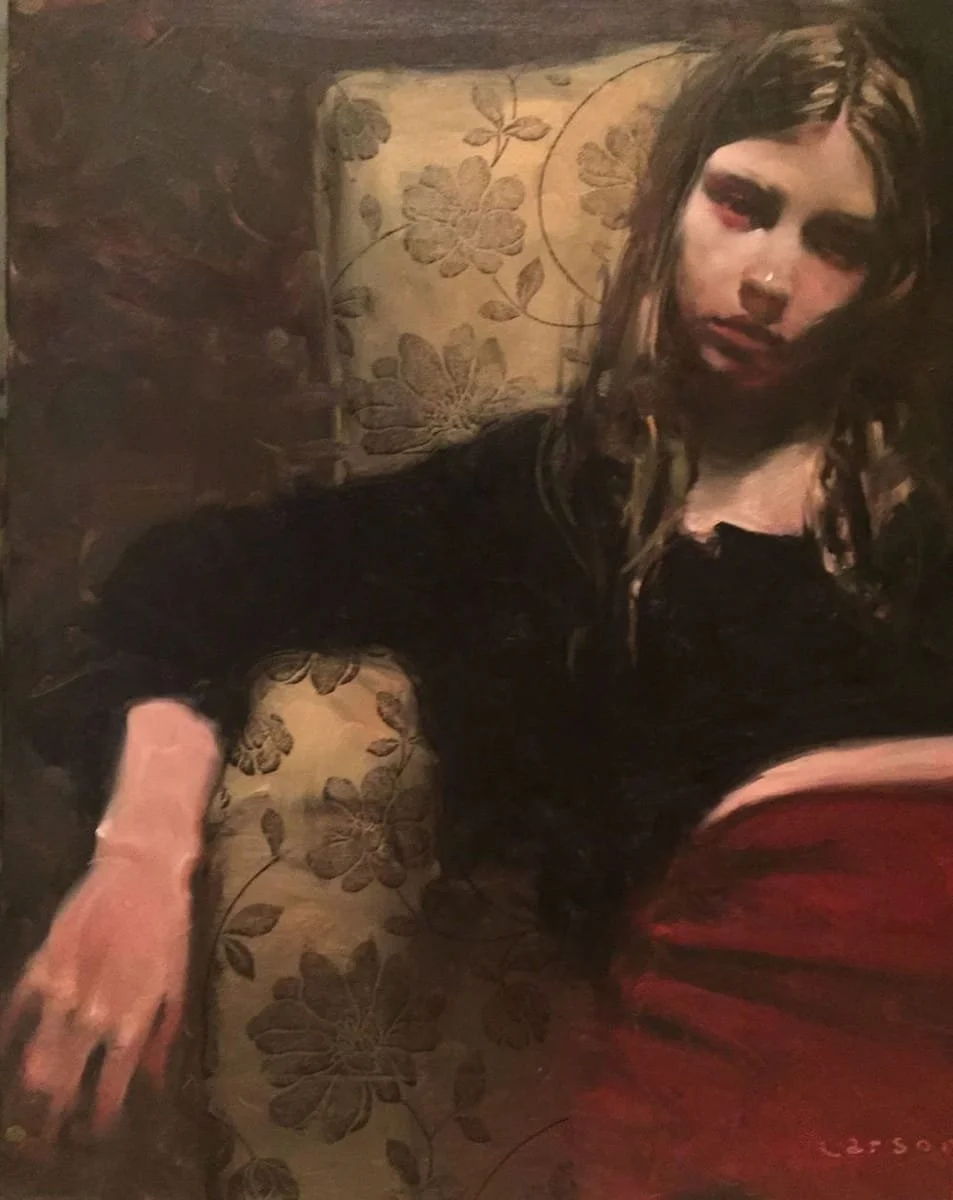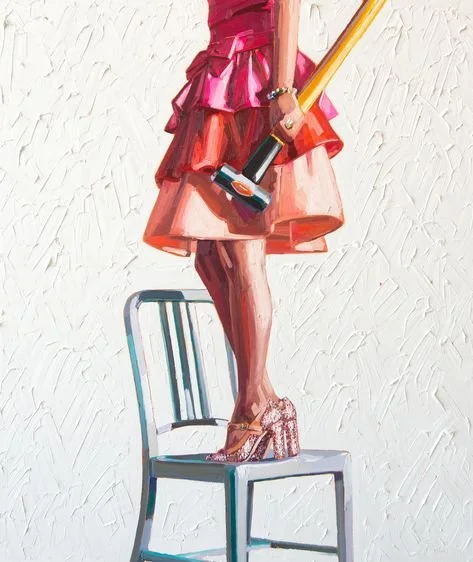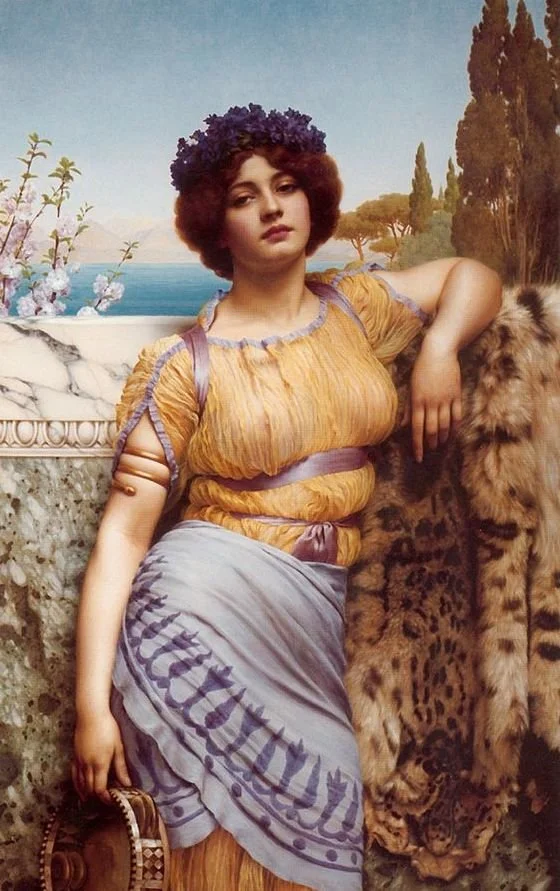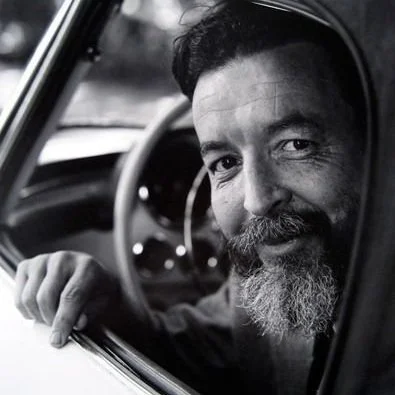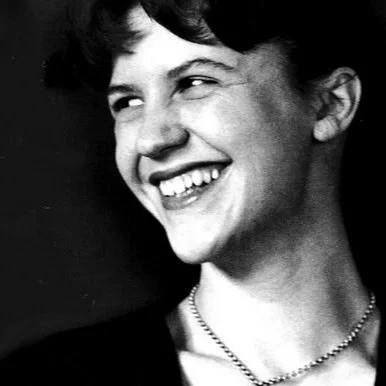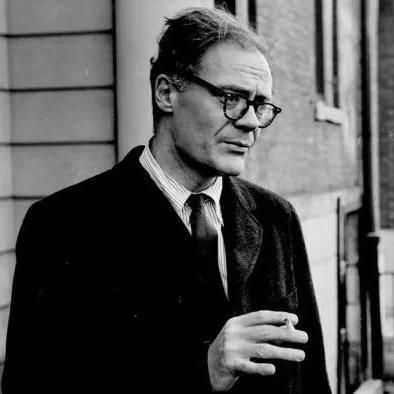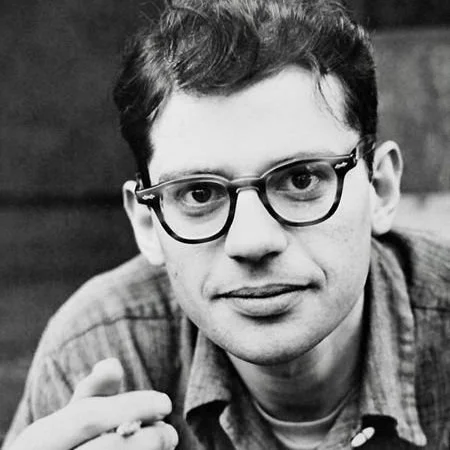Corey Emory is an American literary fiction writer.
Biography
Milieu & Influences
Raised in the San Francisco Bay Area, Corey Emory has lived in Montana, Oregon, Colorado, and Sri Lanka. His work has appeared in ZYZZYVA, VietNow Magazine, Windhover Journal, and other literary publications. He was a feature writer for two small newspapers in California. As a feature writer he has interviewed people from vastly different backgrounds. He embraces Ernest Hemingway’s notion that, “As a writer you should not judge, you should understand.”
Emory credits the likes of Ernest Hemingway, Flannery O’Connor, and Sylvia Plath as influences, as well as Joan Didion, J. D. Salinger, S. E. Hinton, and Bret Easton Ellis.
“I write entirely to find out what I’m thinking, what I’m looking at, what I see and what it means. What I want and what I fear.”
- Joan Didion
“Write hard and clear about what hurts.”
- Ernest Hemingway
(Photo: Gates Of Hell by François Auguste René Rodin)
Theology & The Arts
“Many religious experiences are inextricably aesthetic-few, indeed, could be called purely spiritual or intellectually theological {…} the Pseudo-Dionysian notion of a hierarchy of beauty: from corporeal and sensible beauty the mind is drawn upward to contemplation of itself as their perceiver, and to its own spiritual beauty and the beauty of intelligible form; and these, finally are seen as dependent on and participating in the highest beauty, which is also the highest Art, interior to mind and also above it, the cause of all beauty.”
- Richard Viladesau
“The soul’s powers by means of which we ascend from the depths to the heights, from exterior things to those within, from temporal things to those eternal. They are sensation, imagination, reason, intelligence, understanding, and the high point of the mind, or the spark of synderesis.”
- Bernard McGinn
(Painting: The School Of Athens by Raffaello Sanzio da Urbino. Plato is center left & Aristotle is center right)
Spiritual Experience Through Paintings
Tap & Swipe To View Paintings
Michael Parkes
(Magical Realism)
Banksy
(Street Art)
François Bard
(Figurative Art)
Michael Carson
(Hazy Realism)
Kelly Reemtsen
(Modernism)
Jamie Delano
(Fantasy Art)
John William Godward
(Neoclassicism)
~
Visual Arts
“For paintings appear to move the mind more than descriptions: for deeds are placed before the eyes in paintings, and so appear to be actually carrying on.”
- William Durand
“Then Moses said to the sons of Israel, ‘See, the Lord has called by name Bezalel the son of Uri, the son of Hur, of the tribe of Judah. And He has filled him with the Spirit of God, in wisdom, in understanding and in knowledge and in all craftsmanship; to make designs for working in gold and in silver and in bronze, and in the cutting of stones for settings and in the carving of wood, so as to perform in every inventive work.’”
- Exodus 35:30-33
Spiritual Experience Through Music
Tap & Swipe To Listen To Songs
(YouTube)
~
Performing Arts
“And whenever the tormenting spirit from God troubled Saul, David would play the harp. Then Saul would feel better, and the tormenting spirit would go away.”
- 1 Samuel 16:23
Spiritual Experience Through Poetry
Tap Name for Poet Bio
(Poetryfoundation.org)
Learn More
(Poetryfoundation.org)
~
Literary Arts
“Beautiful words stir my heart. I will recite a lovely poem about the king, for my tongue is like the pen of a skillful poet.”
- Psalm 45:1
Learn More
(Stanford Encyclopedia of Philosophy)
~
“In a world that no longer has enough confidence in itself to affirm the beautiful, the proofs of the truth have lost their cogency. In other words, syllogisms may still dutifully clatter away like rotary presses or computers which infallibly spew out an exact number of answers by the minute. But the logic of these answers is itself a mechanism which no longer captivates anyone. The very conclusions are no longer conclusive. And if this is how the transcendentals fare because one of them has been banished, what will happen with Being itself? Thomas described Being (das Sein) as a ‘sure light’ for that which exists (das Seiende). Will this light not necessarily die out where the very language of light has been forgotten and the mystery of Being is no longer allowed to express itself? What remains is then a mere lump of existence which, even if it claims for itself the freedom proper to spirits, nevertheless remains totally dark and incomprehensible even to itself. The witness borne by Being becomes untrustworthy for the person who can no longer read the language of beauty.”
—Hans Urs von Balthasar
“The one thing I ask of the Lord…the thing I seek most…is to gaze upon the beauty of the Lord.”
- Psalms 27:4
